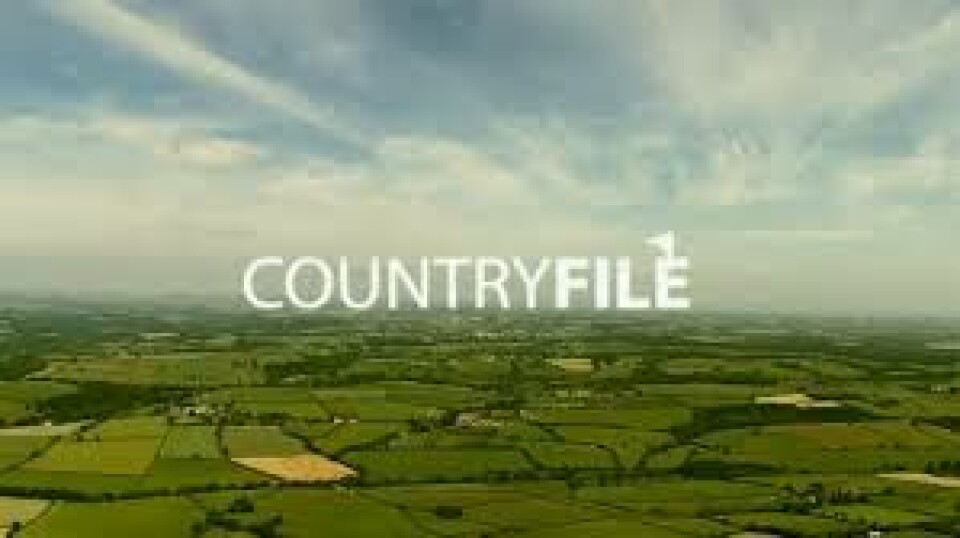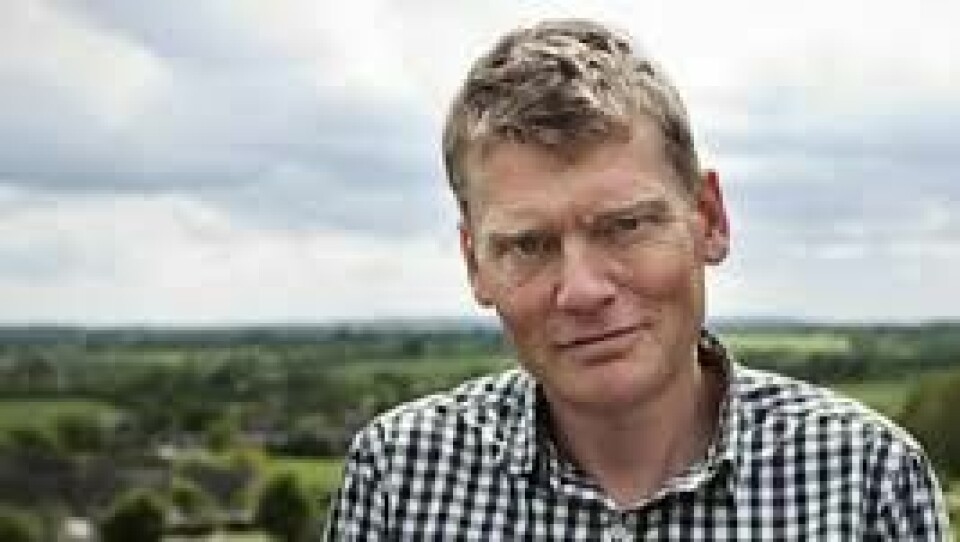
Millions tune in to fish farming
On the basis of the adage that there’s no such thing as bad publicity, the profile of Scottish salmon farming reached a new level at the weekend when it was featured on BBC1’s massively popular programme, Countryfile, which regularly pulls in more than six million viewers.
Presenter Tom Heap visited various locations in Scotland in a feature that focused on the problems caused by sea lice and the methods being used to tackle the parasites.

Kicking off at Loch Maree, Heap heard from long-time resident and fisherman Frank Barclay, who blamed a decline in the number of wild fish being caught there on sea lice, which it was claimed only became a problem after a salmon farm was set up on the loch.
Bill White, chairman of the Wester Ross Area Salmon Fisheries Board, told Heap the lice were spreading from the farm to the wild fish, a problem made worse because the wild fish had to swim past the farm. He called for the farm to be relocated “possibly further out” but denied he wanted it shut down. “There’s jobs at stake here,” he told Heap. “Nobody wants to see anybody unemployed.”
Over-fished
No one from the farm’s owners, Marine Harvest, was available to appear on the programme but a statement to the BBC from the firm said the decline in the numbers of fish being caught had started before the farm was established, that the area had been over-fished and that numbers of wild fish were rising.
Heap then visited Oban, where Scottish Sea Farms’ head of fish health Ralph Bickerdike explained the non-medical methods being used to combat sea lice. SSF was the first Scottish salmon producer to introduce a Thermolicer, beginning trials of the machinery in Shetland last summer.
Great opportunity
Heather Jones, CEO of the Scottish Aquaculture Innovation Centre, told Heap the industry was ploughing £15million into finding new methods to solve the problem.
Commenting after the programme, Jones said: “SAIC brings together people from business and academia to come up with new and innovative solutions to a variety of issues affecting the aquaculture industry in Scotland.
“One of those issues is of course sea lice, so it was great to get the opportunity to talk on Countryfile about the range of solutions we are supporting – from cleaner fish to preventive measures such as cleansing lice from salmon through a range of new technologies.
“We are here to support the industry in succeeding, so Scotland’s production can keep pace with global market demand for our high quality, premium salmon. We are always pleased to talk about the important collaborations going on between industry and researchers in Scotland.”
The programme’s final port of call was a former Nato airbase at Machrihanish, near Campbeltown, where Norwegian entrepreneur Arve Gravdal is growing lice-free fish in a 1500 cubic metre tank. Gravdal, who was featured in last September’s edition of Fish Farming Expert magazine, told the presenter the future of salmon farming lay with recirculation aquaculture systems on industrial estates near large cities.
The Countryfile episode is available to watch on BBC iplayer until May 28.























































